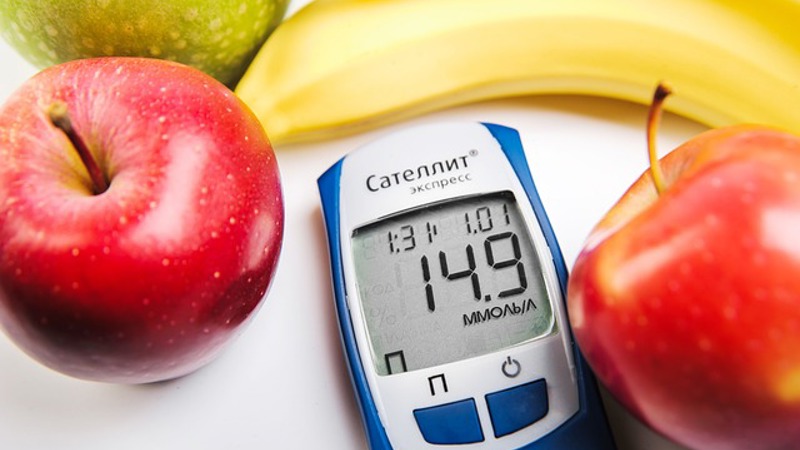Diabetes
Diabetes

Type 1 Diabetes
If you have type 1 diabetes, your blood sugar is too high because your body can’t make a hormone called insulin.
Fewer than one in 10 people in the UK who have diabetes have type 1 diabetes. There is nothing you can do to prevent yourself or others developing type 1 diabetes. The exact causes are not known.
Although it’s often diagnosed in childhood, people can develop type 1 diabetes at any age. You are at a slightly higher risk of type 1 diabetes if your mother, father, brother or sister has it.
Insulin is the main treatment for type 1 diabetes. You can’t live without insulin injections or using an insulin pump. Checking and managing your blood sugar levels is important to help you reduce your risk of serious short or long-term health problems. These are called diabetes complications
There is currently no cure for type 1 diabetes
Type 2 Diabetes
Type 2 diabetes is high blood sugar levels due to your body not making enough of a hormone called insulin, or the insulin it makes not working properly — known as insulin resistance
High blood sugar levels over time can cause other health problems like heart attacks and strokes, as well as problems with your eyes, kidneys, and feet. These are called diabetes complications
So treatment includes regular health checks and getting support to be active, eat healthily ,and maintain a healthy weight. You may need to take medication including insulin and check your blood sugars regularly too.
Type 2 diabetes can go undiagnosed for years if you don’t have symptoms or your symptoms are missed.
It doesn't just affect people living with overweight or obesity, although this is one of the risk factors, along with ethnicity
There are many reasons type 2 diabetes develops but it mostly affects people over 25 often with a family history.
Many people can do things to try and prevent type 2 diabetes.
There’s no cure but some people with type 2 diabetes can put their diabetes into remission
Diabetes @ Glasgow Libraries
They have suggested a number of books that may help you to gain more of an understanding of Diabetes, help you to self-manage and hear the experiences of others.
NHS Inform - Diabetes
Type 1 and Type 2 diabetes
Diabetic eye screening
Gestational diabetes (in pregnancy)
Other types of diabetes
My diabetes, my way
Sharing stories and advice with other people with diabetes can be a useful way of learning, building confidence and inspiring behaviour change. This section includes patients sharing their experience of living with diabetes and encourages people to develop their own social support networks.
Diabetes and emotional wellbeing
Whether you've just been diagnosed or you've lived with diabetes for a long time, you may need support for all the emotions you're feeling. This could be stress, feeling low and depressed, or burnt out. The people around you can feel all of this too. Whatever you're feeling, you are not alone.
